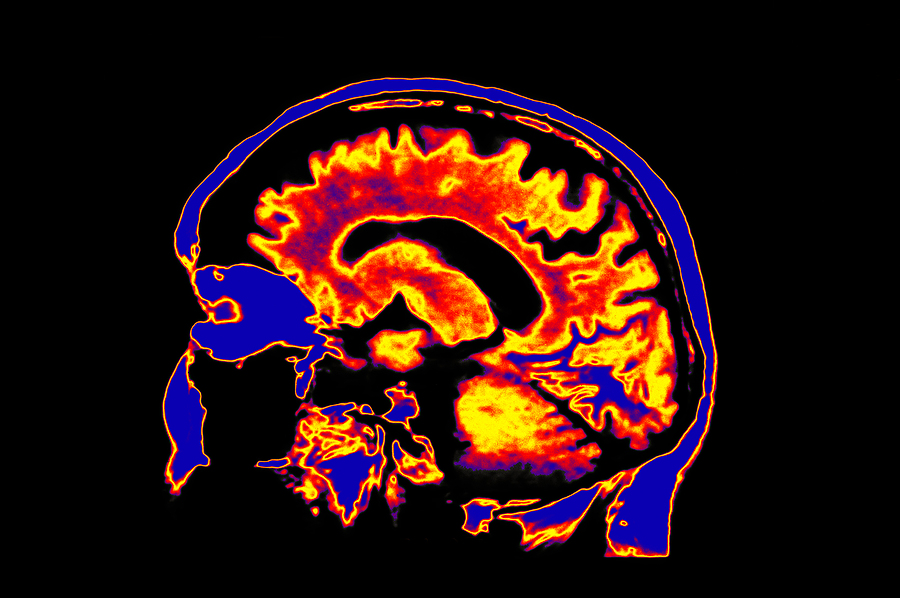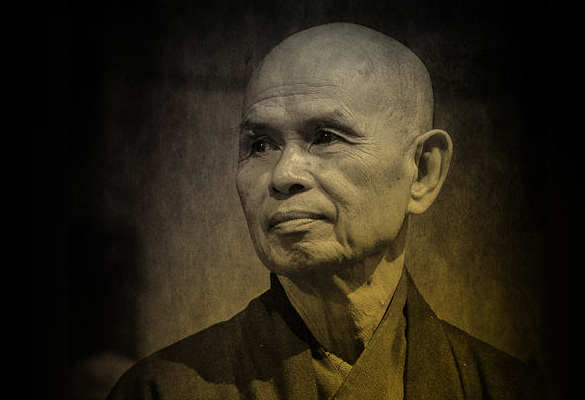
Depression and the new science of sprituality
“I don’t believe depression exists- instead, it’s a loss of energy. If you’re depressed but hear a fire alarm, just like anyone else, your sympathetic system will kick in. You’ll find plenty of energy to run.”
After twenty-five years of counseling ex-combat vets John had plenty of experience with PTSD and its oft associated partner, depression. Because of both personal and professional experiences, his observation rang radically true for me.
Not long afterward, John introduced me to his clinical supervisor, Dr. Weiner, a staff psychologist at Clark University in Worcester Massachusetts. John had told me enough about the psychologist that I was eager to meet him. Dr. Weiner did not belive in diagnosis. He thought diagnoses were labels which could cause far more harm than can be imagined. YES! The wise psychologist expressed my precise sentiments about the power of a diagnosis.
This is true for a number of reasons. Primarily these:
- The devastating effects of two “ordinary” diagnoses on my mother
- The dependence implicit in the doctor/patient relationship
- Lack of understanding of the power of a diagnosis.
- A long ago friendship with an oncologic surgeon.
Dr. Stewart considered my mother a fairly healthy if overweight woman of sixty-one. He explained her smoking and excess weight contributed to her hypertension and atherscerosis. Those two words rang as a death knell- she was dying, nothing anyone said could persuade her otherwise. The subsequent sixteen years of her life were spent as a cardiac cripple despite the absence of any organic damage in her heart. My mother lived in what her cardioligist defined as “morbid anxiety.”
Quintessential Texan that he was, Dr. Lester Hoaglin was also suffused with wisdom. During a conversation on truthtelling and the “rights of the patient to know” at the Institutional Ethics Committee meeting which I then chaired, he drawled, “I no longer tell my patients how long they have left. I learned the hard way that too many would obey my wild-assed guess of six months. To the day, they would be dead.”
The points made in this article, depression and the new science of spirituality by necessity, take complex subjects and provide little more than a sound byte. But it’s another lens through which to think about depression- and all diagnoses.
Perhaps even decide to take back our responsibility for our own health or help others to do so.
Roll the clock forward to The Awakened Brain
Dr. Lisa Miller is the psychologist author of The Awakened Brain: The New Science of Spirituality and Our Quest for an Inspired Life. Her website gushes that ” It’s not just a book; it’s a movement. The awakened decision is the better decision. With an awakened perception, we are more creative, collaborative, ethical, and innovative. The awakened brain is the healthier brain.”
Using lead researcher “Myrna Weissman’s multigenerational” study of depression, Dr. Miller added a question: How important is religion or spirituality to you? The author explains. ” We wanted to see how spirituality is associated with brain structure and how spirtuality correlated with risk for depression.”
The findings shocked Miller and her team. Brain scans of those who reported that spirtuality was “of high personal interest” revealed, “a healthier and more robust brain. And was thicker and stronger in exactly the same areas that weaken and wither in depressed brains.” Huge swaths of red showed in the healthy brain scans.
Brain scan scans to demonstrate the healing effects of prayer is indeed new. However the research and data demonstrating the stunning effects of non-medical treatments have been available for decades if we care to look. Herbert Benson showed powerful effects of healing through prayer in his 1975 book The Relaxation Response.
Norman Cousins defied a fatal diagnosis in his 1968 book Anatomy of an Illness through his practice of eustress- good stress. Fifteen years later, Cousins described his esperience with “the widow maker”-total occlusion of the left coronary artery resulting in cardiogenic shock. In the Healing Heart, the author relates his attempts to persuade his cardiologist that returning to his tennis game would be “good stress-eustress.” But the “monitored treadmill tests” were Finally Cousins fired the UCLA physician and selected one with whom he could “partner.”
Jon Kabat-Zinn, founder of the Academic Consortium for Integrative Medicine. Decades of research with cancer patients at UMass Medical Center reveals beneficial, even curative- effects of mindfulness techniques.
There are more. Many more.
Why aren’t they publicized?
Why don’t we know about these programs?
It’s complicated- of course.
A diagnosis is merely a label for a collection of symptoms. But when DRG’s were instituted, the diagnosis became the determinent of how doctors and hospitals get paid. DRG’s or diagnostic related groupings were universally applied in 1983 as the method for hospital payment from Medicare. All other payors followed suit.
The major source of hospital revenue is from invasive procedures: surgeries, cardiac caths and the like. These invasive procedure support the inpatient cost for caring for everyone else. Billing is cumbersome, confounding and contradictory and resides in the province of medical record specialists. But without a diagnosis, no one gets paid.
Signs of depression include lack of energy, sleeplessness, insomnia, weight gain or loss, lack of interest and/or absence of feelings of joy, feelings of worthlessness and thoughts of self-harm. For a quick self-test, click here.
Those who went before us viewed these symptoms as a spiritual disorder or evidence of demonic possession. But many millions now live under the power of the diagnosis of depression, taking addictive pyschoactive drugs to treat it.
Indeed, the DSM lV’s array of pyschiatric diagnoses keeps expanding. “The new diagnosis of somatic symptom disorder seems to confirm that psychiatry will stick a diagnostic label on anything that appears in any way deviant.”
But also it’s about our willingness-even eagerness-
to hand over the responsibilty for our well-being to strangers. Relying on their credentials and figuring that the doctor knows better than we. Certianly there are cases where medical intervention is essential- as in trauma or other acute situations. But the reality is that over eighty percent of common illnesses will resolve in a week to ten days with or without medical intervention. Furthermore, medical intervention can worsen the problem. In fact, economist Victor Fuchs has modeled the point at which continued medical intervention diminishes quality of care. And last, despite spending far more on medical care than other western countries, Americans keep getting sicker.
“The rise of reason did not take power into account.”
Paul Starr’s seminal work on The Social Transformation of American Medicine: The Rise of a Sovereign Profession and the Making of a Vast Industry begins with that sentence. At the time he published the book, Starr was on faculty at the Harvard Medical School. Despite winning the Nobel Prize for his book, he was denied tenure at Harvard. Starr shows how in just a hundred years, an entire society was transformed from independent citizens who lived their lives wholly independent of medicine to what we see now.
We can hope that Deeprak Chopra’s praise of Lisa Miller’s work does indeed spark a revolution.
“Dr. Miller’s cutting-edge research heralds a new revolution of health and well-being. The Awakened Brain is an investigation of the choice we each have in confronting challenges and limitations—and it’s a testament to, and celebration of, the power within.”
Is it easy to adopt such practices?
When each time we look at television or social media we are assaulted by all the reasons we should race to our doctor? Or the latest transformation of Covid? Or the worst snowstorm of the century about to descend?
No.
Like every worthwhile endeavor, it takes work.
 We have a great, habitual fear inside ourselves. We’re afraid of many things — of our own death, of losing our loved ones, of change, of being alone. The practice of mindfulness helps us to touch nonfear. It’s only here and now that we can experience total relief, total happiness… In the practice of Buddhism, we see that all mental formations — including compassion, love, fear, sorrow, and despair — are organic in nature. We don’t need to be afraid of any of them, because transformation is always possible.” Thich Nhat Hanh
We have a great, habitual fear inside ourselves. We’re afraid of many things — of our own death, of losing our loved ones, of change, of being alone. The practice of mindfulness helps us to touch nonfear. It’s only here and now that we can experience total relief, total happiness… In the practice of Buddhism, we see that all mental formations — including compassion, love, fear, sorrow, and despair — are organic in nature. We don’t need to be afraid of any of them, because transformation is always possible.” Thich Nhat Hanh





Truly fascinating piece on a subject I know little about. Thank you Lin Wilder for sharing your vast research and knowledge. I always look forward to your weekly writings.
Hey my friend- thanks for the read and your comments!! Very much appreciated!!